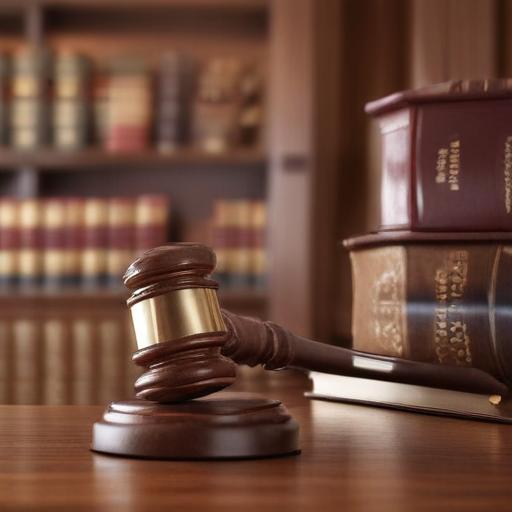The Supreme Court has granted a request from Republican Maine state lawmaker Laurel Libby to restore her voting rights after she was censured by the Democratic-controlled Maine House earlier this year for her criticism of transgender athletes competing in girls’ sports. The decision came through a brief, unsigned order without detailed reasoning, although it faced dissent from liberal justices Sonia Sotomayor and Ketanji Brown Jackson.
Libby faced censure in February following her social media post concerning a high school girls’ indoor track and field state championship, where a transgender student won first place after previously competing in the boys’ division. Her post, which included the names and photographs of athletes, aimed to highlight the circumstances of the competition.
Libby has been a vocal opponent of allowing transgender athletes to compete in girls’ sports and has actively participated in related legal and public discussions, including a press conference with Attorney General Pam Bondi about the Justice Department suing Maine for not complying with President Trump’s ban on transgender athletes.
In her dissent, Justice Jackson criticized the Court’s decision to intervene, questioning the emergency basis cited for the ruling. She expressed concerns that there was no indication of significant legislative votes scheduled that would necessitate Libby’s immediate voting rights. Jackson lamented the Court’s diminishing caution in exercising its equitable powers, suggesting the ruling could set a precedent for future cases lacking urgent circumstances.
This decision has broader implications within discussions regarding the rights of transgender athletes in sports, and the ongoing debates about freedom of speech versus equality. As discussions continue, it’s essential to remain informed and engaged with the evolving narratives around this sensitive issue, seeking solutions that balance rights and fairness for all individuals involved.
